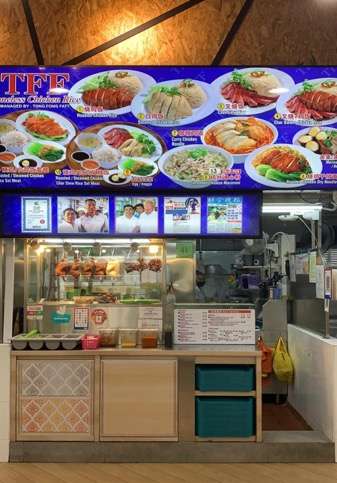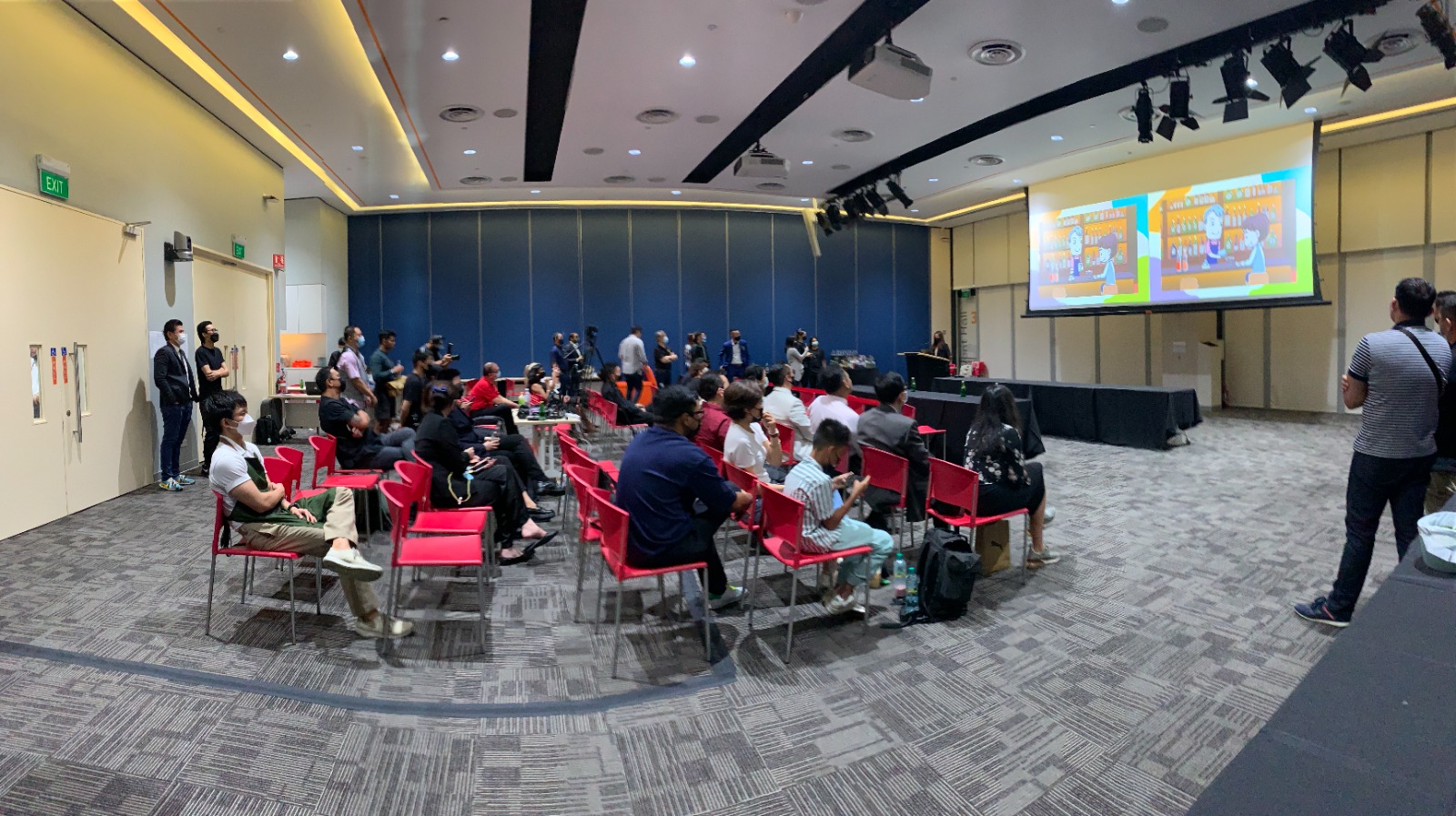With just a few clever changes to its operations, local chicken rice brand Tong Fong Fatt has managed to reap much more in returns for its workers.
The original Tong Fong Fatt started off at Chong Pang Village as a sugarcane juice stall. When Augustine Koh took over his father’s business back in the mid-nineties, he decided to partner with his brother-in-law to sell chicken rice at the ABC Brickworks Food Centre. Koh decided early on that he would focus on chicken rice as it is a popular local dish that would appeal even to the younger crowd. Today, the business has grown to more than 20 stores spread across Singapore.

Rumblings about how the Singapore hawker culture would gradually die out due to the lack of new blood have been around for a while now. This is not unexpected as those familiar with working in a hawker stall would often lament the harsh working conditions and long working hours. The hawkers have to bear with the incessantly hot and humid working environment, and it does not help that they have to spend long hours each day in the kitchen.
As it was Tong Fong Fatt’s first application for a government grant, the team at e2i partnered extensively with the company and guided them through the design and purpose of the WorkPro Job Redesign grant. Based on the problem statements raised by the company, e2i was able to tap on its deep industry knowledge to make the most appropriate recommendations.
ET Sound Enterprise is a retailer and wholesaler specialising in electronic goods such as home and kitchen appliances and audio-visual equipment amongst others. Supply chain is a big part of the daily routine for the workers as they have to handle large volumes of goods, in boxes of all shapes and sizes.
At its warehouse in Kaki Bukit, the workers of ET Sound Enterprise were previously moving the goods manually either by hand or with the help of a trolley. Despite the use of the trolley, the workers still had to unload the goods by hand from the delivery truck before stacking them onto the trolley.
In a bid to speed up their work, the workers would usually attempt to load as many boxes as they could onto the trolley. The increased weight hinders their ability to manoeuvre around the warehouse premises and in some cases even result in the toppling of goods. The goods can weigh up to 10kg per box and during peak hours, each worker may have to shift up to 40 such boxes each day. If left unchecked, the strain and exertion is likely to take its toll on the workers, especially the older members of the team who are not as physically fit as their younger counterparts.













